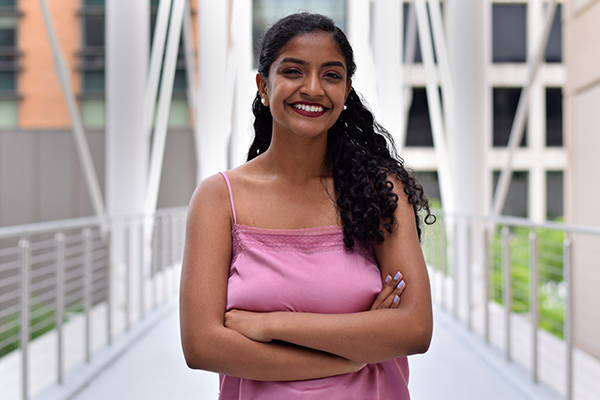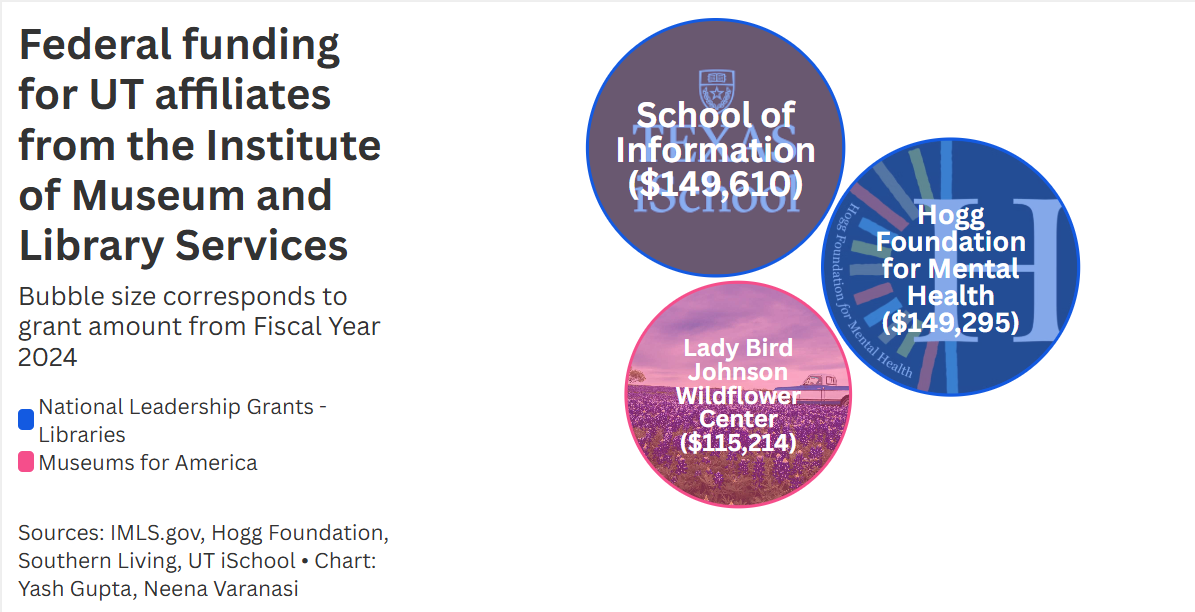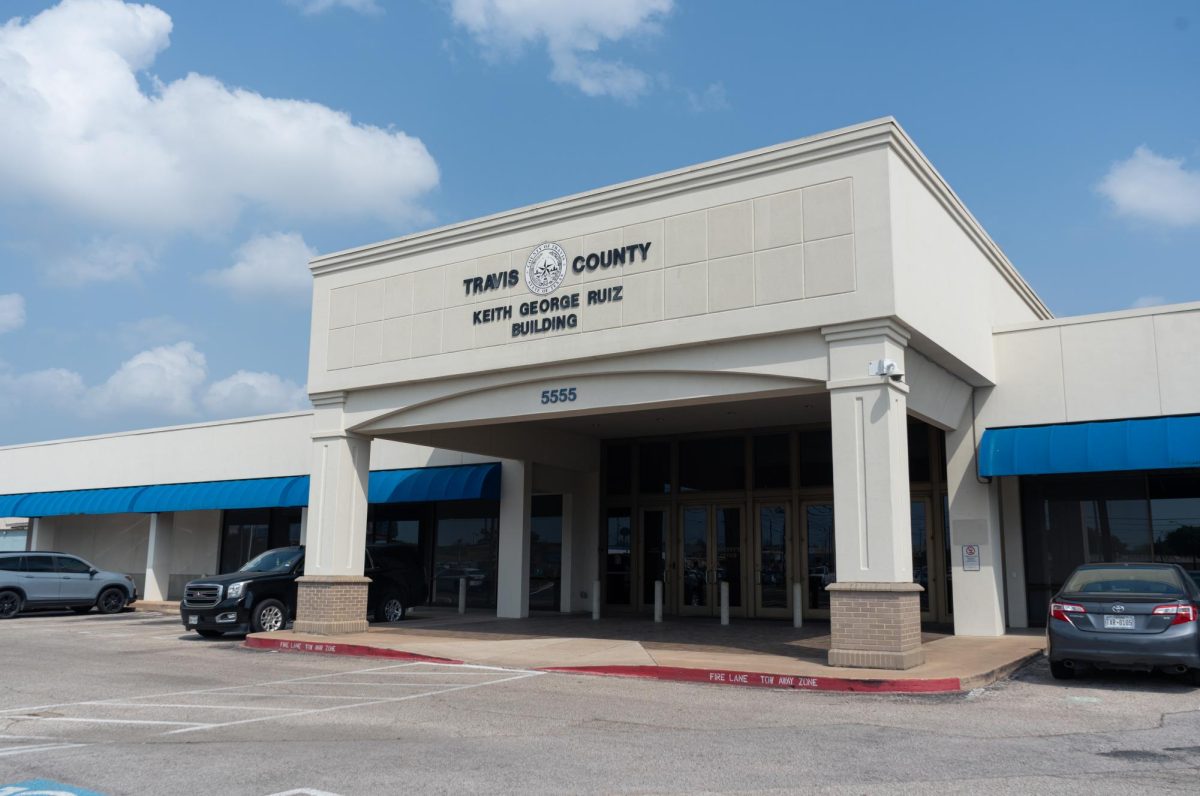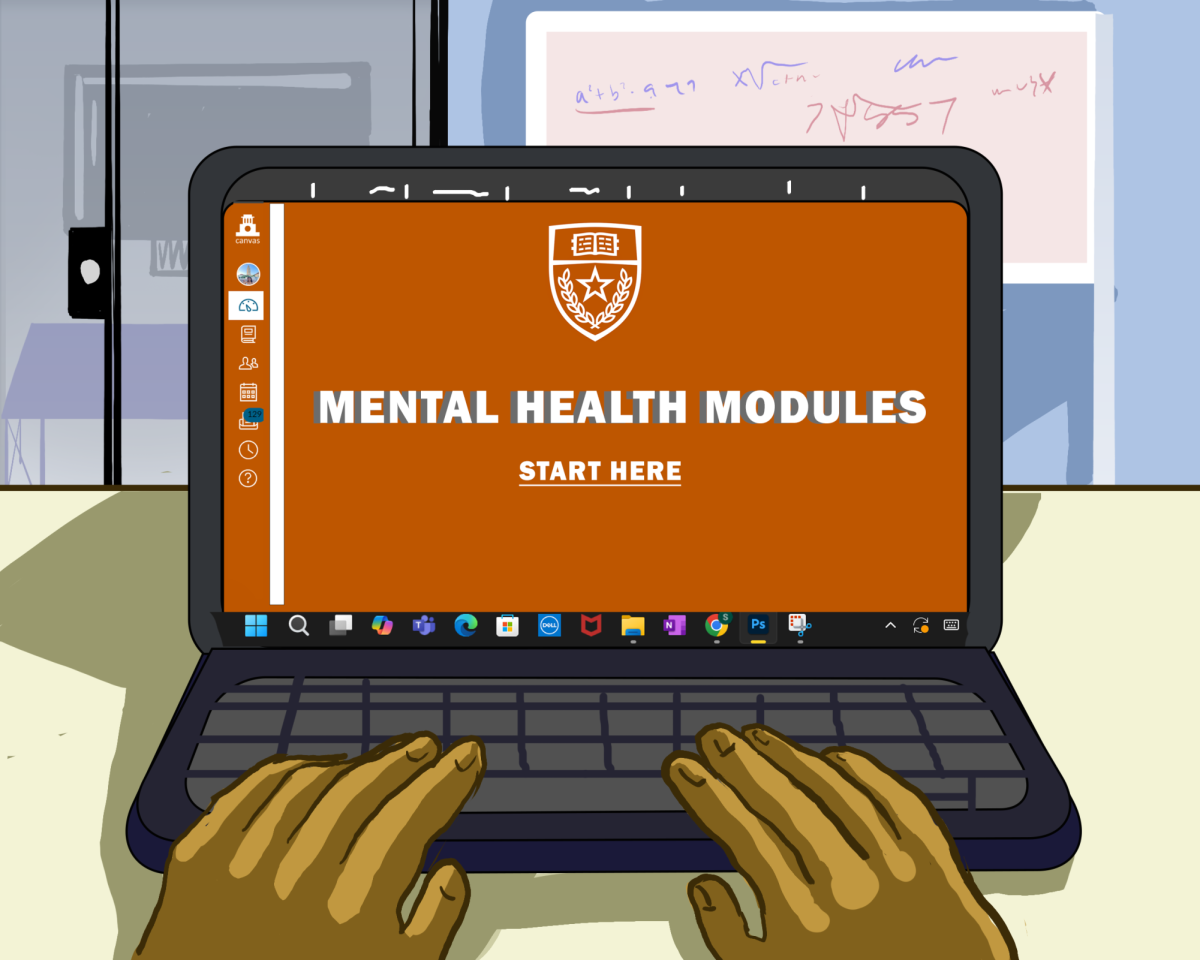Deepanjli Donthula had a bold idea, and this idea led her to launch a full-fledged course at UT.
After creating a seminar on health communication, neuroscience junior Donthula has received approval to turn the seminar into a three credit hour course called “Communication Strategies for the Pre-Health Professional: Difficult Discussions.” Starting Fall 2019, the course will be offered to all pre-health students.
Donthula spent time shadowing many different physicians during her freshman year, and she said she became intrigued by how each physician had their own unique way of interacting with their patients. This sparked her interest in health communication.
“It’s important to expose students to difficult conversations that occur in various fields of health care, because it’s important to consider whether or not you want to go into a field that requires you to be very attuned to the person you are talking to,” Donthula said.
While shadowing a palliative care physician, Donthula was present during a conversation between the doctor and the family members of a patient about taking that patient off of life support.
“That was a really powerful interaction for me to witness, and I honestly doubted my own ability to handle a situation like that,” Donthula said. “I wanted to come up with a way for undergraduates who are aspiring to enter the health field to practice effective communication strategies and understand the importance of it in their careers.”
With help from David Ring, a Dell Medical School professor, and Madison Searle, director for College of Natural Sciences Honors, Donthula launched an honors seminar to teach students about health communication.
The seminar is taught by Ring, but the content is completely student-led, with Donthula adjusting the course based on student feedback. Donthula said the course is also very interactive, with students practicing their communication skills through role-play and medical improvisation activities.
“I had to actively think about how I was communicating during our role-play activities; it definitely takes a lot of practice,” said neuroscience junior Cindy Hu, a current student in the seminar.
Ring said throughout the class, undergraduate students learn the importance of effective communication in the role of a health care profession.
“As someone who will be using their expertise to help people become healthy, students start to understand that they need effective communication strategies to do that well,” Ring said. “That’s not something that comes naturally, and (students) have to learn how to do that just as they would learn physics and math.”
While Donthula has set up the framework for the new course, she said she hopes there will be students who would be interested in continuing to run the course in the future after she graduates.
Ring said he hopes Donthula project can show undergraduate students they have the ability to turn their ideas into a reality.
“Your ideas, your energy and your efforts make a difference,” Ring said. “You don’t have to wait until a certain day or title. If you have an idea and the energy to carry it out, you can make it happen.”





















